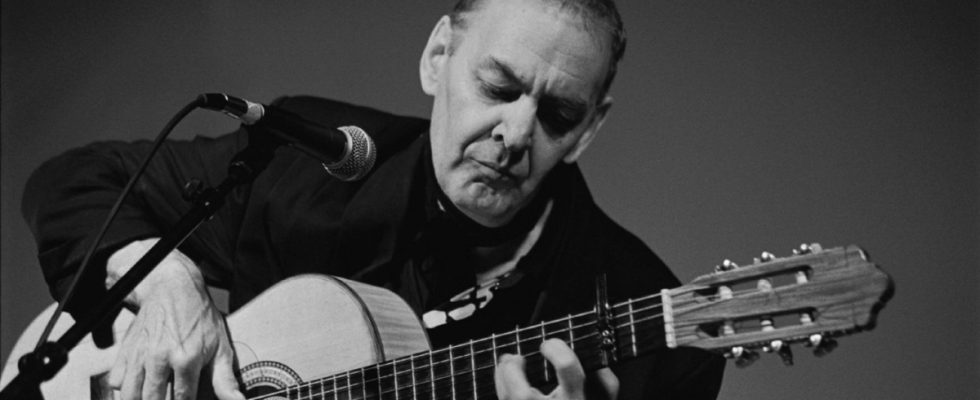The Munich multi-instrumentalist Chris Karrer, who grew up in the Allgäu, died on Tuesday morning as a result of corona disease. At the age of 76, one of the most important figures in German rock culture has died. In a post-war Germany, in which German pop musicians had either copied their Anglo-American role models or indulged in a reactionary hit culture, Karrer was already experimenting with new musical possibilities of expression, which the English press then attributed to so-called Krautrock.
Of course, that wasn’t particularly nice. “After all, we didn’t call the music of the English people Tommy Rock,” criticized Karrer. The Kraut in Krautrock did not mean what was smoked in the relevant scenes at the time, but rather the Germans, who were derogatorily insulted as “Krauts” by English soldiers.
But the music, the Karrer both with Amon Düül II as well as with embryo unfolded, looking for a new identity that also distanced itself from the Germanism in post-war Germany that was still poisoned by National Socialism.
Christian Burchard from embryo Karrer once referred to him as the “original ethno” because he had already imitated Indian singing in 1969 on the first album “Phallus Dei” by the rock band Amon Düül II, which he co-founded.
“We were the midwives for a lot of things. But you can’t live on that,” Chris Karrer once said in an interview with the music journalist Christoph Wagner for the taz said. Nevertheless, financially successful musicians like Blixa cash from them Collapsing new buildings or the conductor and composer Eberhard Schoener had already announced that they had inspired the music of Amon Düül II, the globally celebrated band around Chris Karrer had earned relatively little from their own success. Once again it was confirmed here what the… Sonic Youthbassist Kim Gordon once said about the pioneers in music history. Accordingly, it would not be those who initiated a new style who would earn from it, but rather their successors, who would only have to consolidate a path that had already been marked out.
Until the end, however, Karrer was far too curious in the sense of “greedy for new things” for such path reinforcements. As soon as he was able to assert himself solo as a “Sufisticated” Oud player with oriental music influenced by Sufism, he discovered flamenco as a further variety of improvised music as a guitarist. At the same time, he loved playing with other musicians without any hierarchy. In this way he often managed to create a musical collaboration that seemed to be listening attentively.

